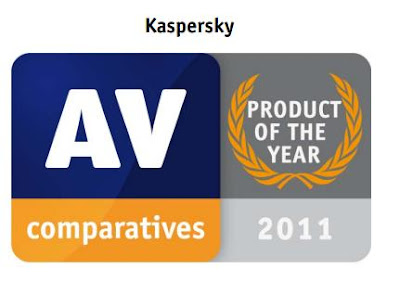Report says scammers use channels like Facebook and Twitter just like email and websites to scam consumers during the holidays
Think before you click on links appearing on mobile devices on online buying of Christmas and New Year gifts as social networks and malicious mobile apps, among others, are the most common ways of attack by cyber criminals, says security software maker McAfee.
"Scammers use channels like Facebook and Twitter just like email and websites to scam consumers during the holidays," said the '2012 Holiday Shopping Study', conducted online among over 1,100 Indian adults.
"Be careful when clicking or liking posts, while taking advantage of contests, ads and special deals that one gets from "friends" that advertise the hottest Holiday gifts (such as the new iPad Mini), exclusive discounts at local stores and holiday-related jobs postings," it added.
The most common ways of attack by cyber criminals is through social networks, malicious mobile apps, gift scams, fake charities and bogus gift cards, it said.
Three out of four (71%) of those surveyed said they planned for using mobile devices. Even while they were aware of risks, they were willing to give away their personal information if they can get something they value in return, it said.
"Using multiple devices provides the bad guys with more ways to access your valuable 'Digital Assets' such as personal information and files, especially if the devices are under-protected," McAfee Labs Director Paula Greve said.
Among those Indians planning to use smartphones and/or tablets to purchase gifts this holiday season, almost 72% said they were specifically planning to use apps for shopping and/or banking during the holiday season.
"As such, mobile devices have proven irresistible to cybercriminals, and now they are targeting mobile users through malicious applications...Indians are more likely to be a victim of a cyber scam. More than 23% of polled Indians have been victims and almost 25% of the polled Indians know someone who has been a victim," McAfee said in the study.
Though Indian respondents said they were concerned about personal information being stolen while using a mobile app on the smart phone or tablet, the highest compared to other countries (67%), 95% said they are willing to provide some level of personal information in order to receive an offer that is of value to them. India also scored highest on the ranking of sharing credit card details in order to receive such offers.
Source: business-standard.com
Think before you click on links appearing on mobile devices on online buying of Christmas and New Year gifts as social networks and malicious mobile apps, among others, are the most common ways of attack by cyber criminals, says security software maker McAfee.
"Scammers use channels like Facebook and Twitter just like email and websites to scam consumers during the holidays," said the '2012 Holiday Shopping Study', conducted online among over 1,100 Indian adults.
"Be careful when clicking or liking posts, while taking advantage of contests, ads and special deals that one gets from "friends" that advertise the hottest Holiday gifts (such as the new iPad Mini), exclusive discounts at local stores and holiday-related jobs postings," it added.
The most common ways of attack by cyber criminals is through social networks, malicious mobile apps, gift scams, fake charities and bogus gift cards, it said.
Three out of four (71%) of those surveyed said they planned for using mobile devices. Even while they were aware of risks, they were willing to give away their personal information if they can get something they value in return, it said.
"Using multiple devices provides the bad guys with more ways to access your valuable 'Digital Assets' such as personal information and files, especially if the devices are under-protected," McAfee Labs Director Paula Greve said.
Among those Indians planning to use smartphones and/or tablets to purchase gifts this holiday season, almost 72% said they were specifically planning to use apps for shopping and/or banking during the holiday season.
"As such, mobile devices have proven irresistible to cybercriminals, and now they are targeting mobile users through malicious applications...Indians are more likely to be a victim of a cyber scam. More than 23% of polled Indians have been victims and almost 25% of the polled Indians know someone who has been a victim," McAfee said in the study.
Though Indian respondents said they were concerned about personal information being stolen while using a mobile app on the smart phone or tablet, the highest compared to other countries (67%), 95% said they are willing to provide some level of personal information in order to receive an offer that is of value to them. India also scored highest on the ranking of sharing credit card details in order to receive such offers.
Source: business-standard.com








